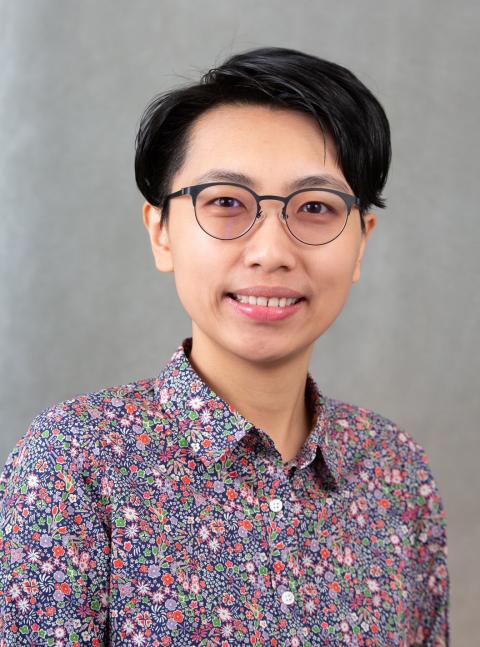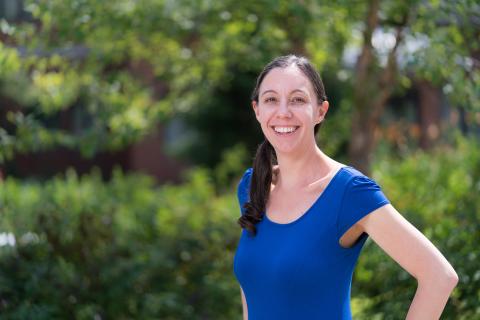Kay Chen
The Translational Augmentative and Alternative Communication Data Science (TADS) Laboratory focuses on developing valid and reliable methods to collect and analyze various data from AAC users to support AAC research and clinical services. The lab also investigates how different features of AAC system designs affect AAC users' language performance from the initial learning stage to the long-term usage in multiple languages (e.g., English and Chinese). TADS Lab's vision is to create a disruptive data management system to release researchers and clinicians from the obstacles of the data management process and support them to focus on their clients and studies.
-
Universal AAC data analysis solution for clinical usage
-
Effects of practice type on speed and accuracy of accessing a high technology augmentative and alternative communication device
-
Developing Mandarin Chinese Core vocabulary-based AAC intervention
The TADS lab has various research equipment, AAC systems, and resources to conduct research and provide research opportunities for students. Students will receive hands-on experience with project development and data collection for various research projects.
Learn more about Dr. Chen's TADS lab.
Kathryn J. Greenslade
My research focuses on social communication, or the use of language and nonverbal communication, in social interactions. The goal of my work is to improve our understanding of social communication and the cognitive factors that contribute to successful communicative interactions, including social cognition and executive functions. My laboratory, the Social Communication Assessment and Intervention Lab (SoCIALab) focuses on developing innovative assessments and treatments for social communication disorders, especially in individuals with autism spectrum disorder or traumatic brain injury.
-
Analyzing discourse-level language in healthy adults and those with communication disorders, including traumatic brain injury, aphasia, Parkinson’s disease, and autism spectrum disorder.
-
Developing new discourse-level assessments and analyses to examine social communication in individuals with social communication disorders.
Amy E. Ramage
Ongoing research:
-
Talk Bank: Collecting and analyzing diagnostic language, cognitive and emotion measures along with discourse-level language in those with neurogenic communication disorders in collaboration with the TalkBank, AphasiaBank, and TBIBank endeavors at Carnegie Mellon University.
-
Statistical/Implicit Learning in the brain: Defining the brain systems associated with statistical or implicit learning of hierarchical patterned sequences (e.g., artificial grammar) and determining their roles in acquisition and mastery of new skills in individuals with neurogenic communication disorders.
- Language and Brain Systems in Aphasia: Using network-based approaches to brain mapping to identify networks that are necessary or sufficient to specific language processes in aphasia.
- Cognitive Control in Traumatic Brain Injury: Identifying how symptoms that are measured at the behavioral level (fatigue, disinhibition, etc.) associate with within- or between-network characteristics of cognitive control networks.
- UNH Concussion Project: Collecting data on the cognitive and emotional issues associated with fatigue and sense effort in individuals with mild traumatic brain injury.
Learn more about Dr. Ramage's CoBALT Lab
Jill C. Thorson
How do children acquire language? What do they sound like as they first begin to speak? My research focuses on the perception and production of prosody (i.e., the melody and rhythm of speech) at different stages in development and how these processes impact successful communication.
The goal of my work is to provide a better understanding of how the complex interaction between prosody and meaning develops over infancy and early childhood in both typical and atypical populations. Most recently, I have studied these differences in children with autism spectrum disorder who show impairments in social communication.
Learn more about Dr. Thorson's CAT Lab



